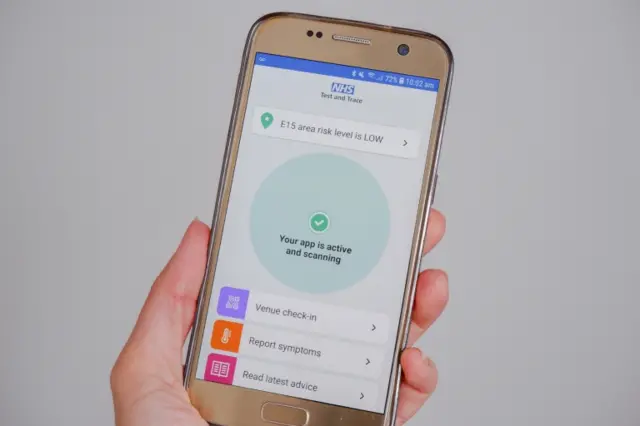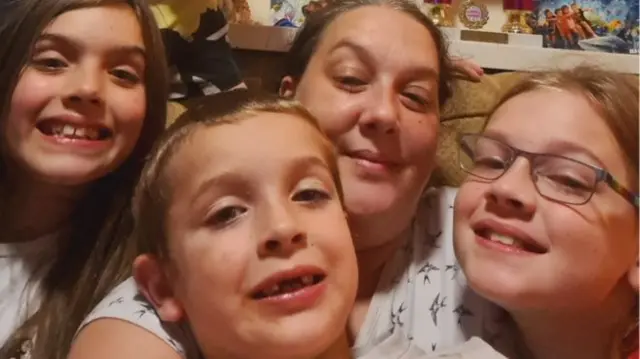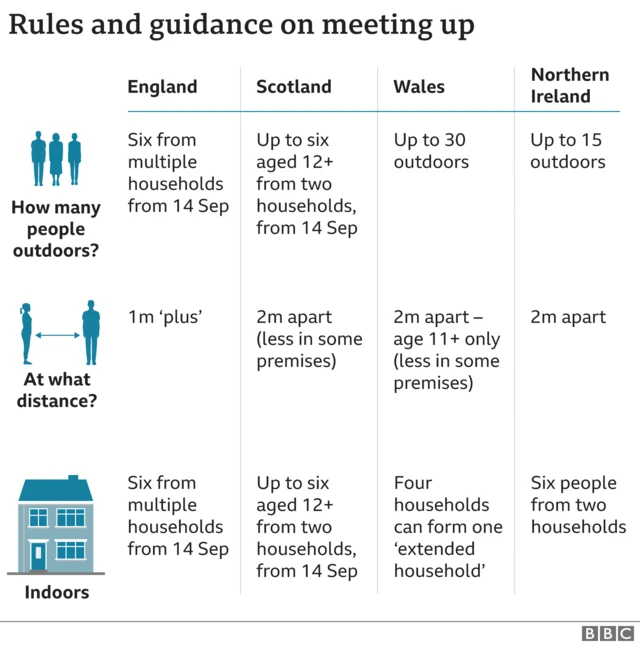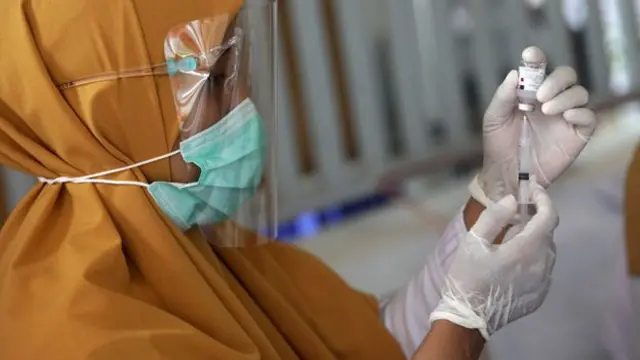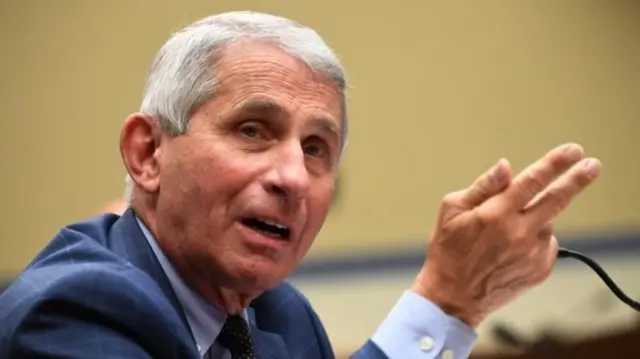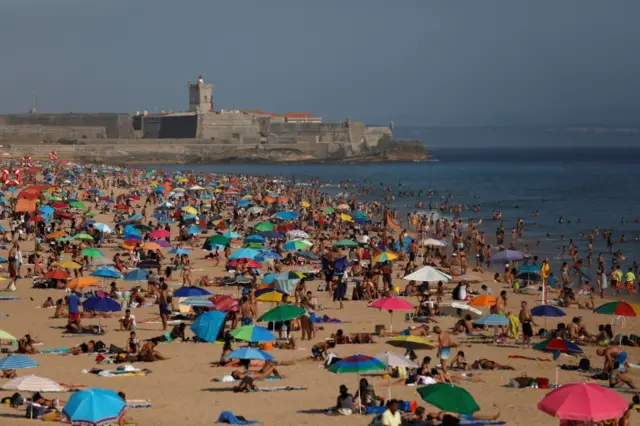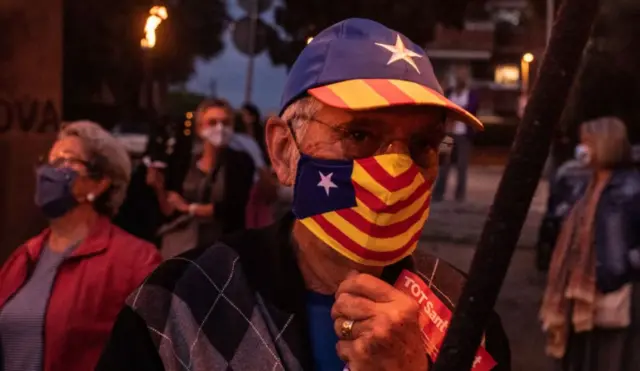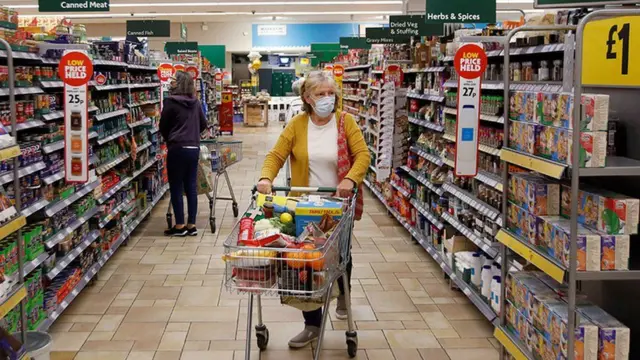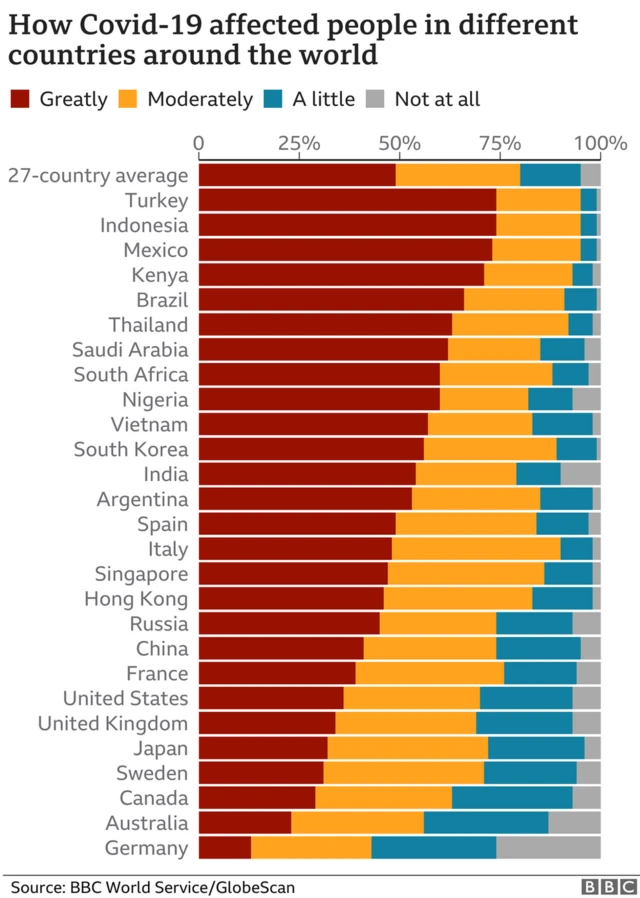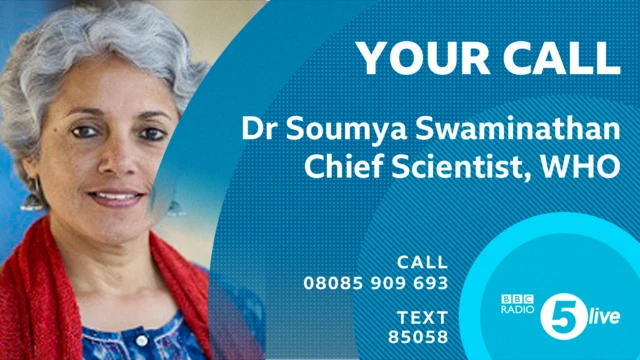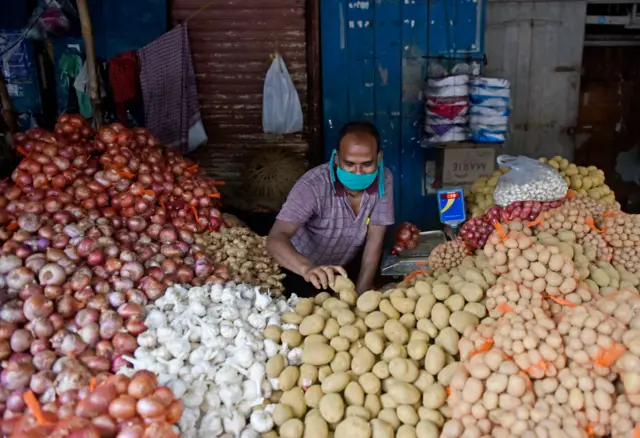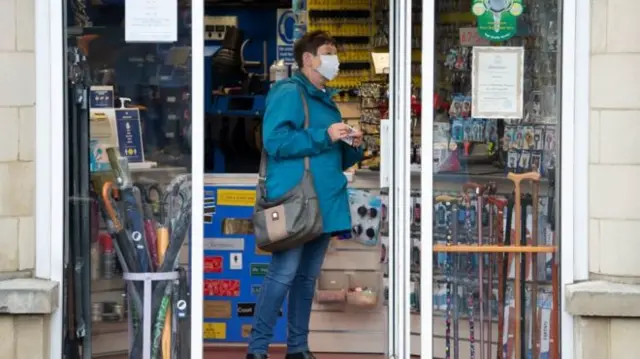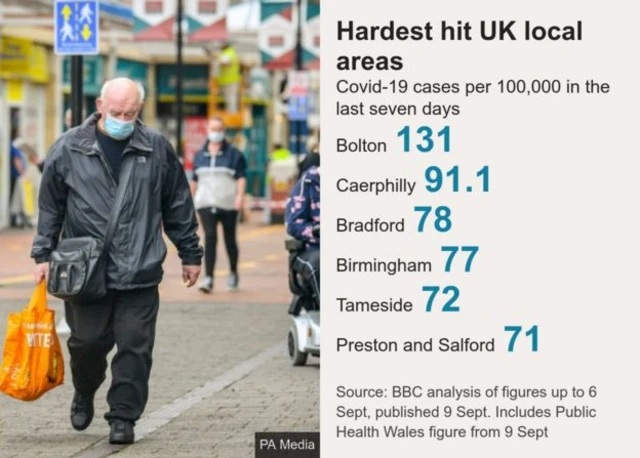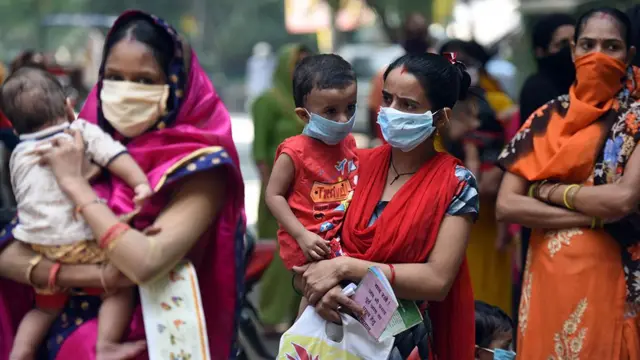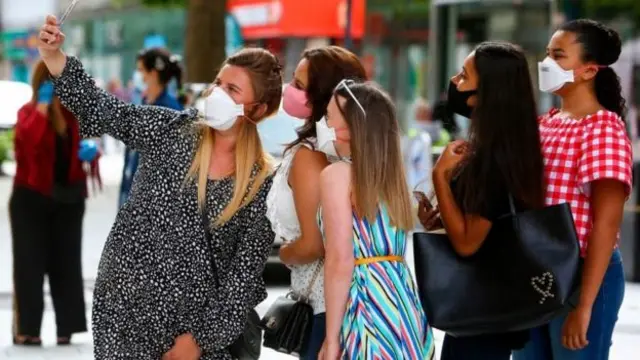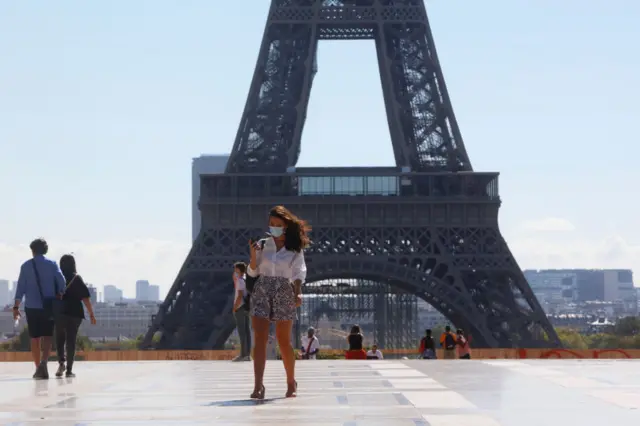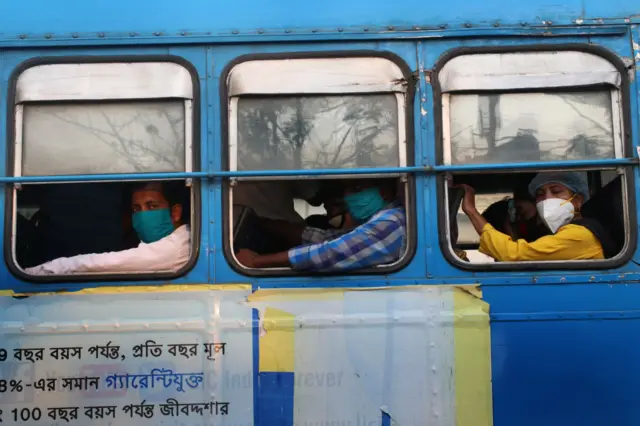Swiss care-home outbreak sees 90 infected and eight deadpublished at 12:08 BST 11 September 2020
Ninety people have tested positive for coronavirus in two care homes in Switzerland and eight have died, local officials say.
A total of 37 residents and 19 staff members have tested positive and seven had died at Siviriez nursing home in Fribourg canton, local authorities said in a statement.
In the nearby Maison Bourgeoisiale retirement home, 21 residents and 13 staff have tested positive, while one person has died.
Civil defence forces have been helping move some residents to hospital as the number of staff in the homes has dropped amid the outbreak, the statement said.
Switzerland has seen more than 45,000 cases and more than 1,700 have lost their lives to Covid-19.
